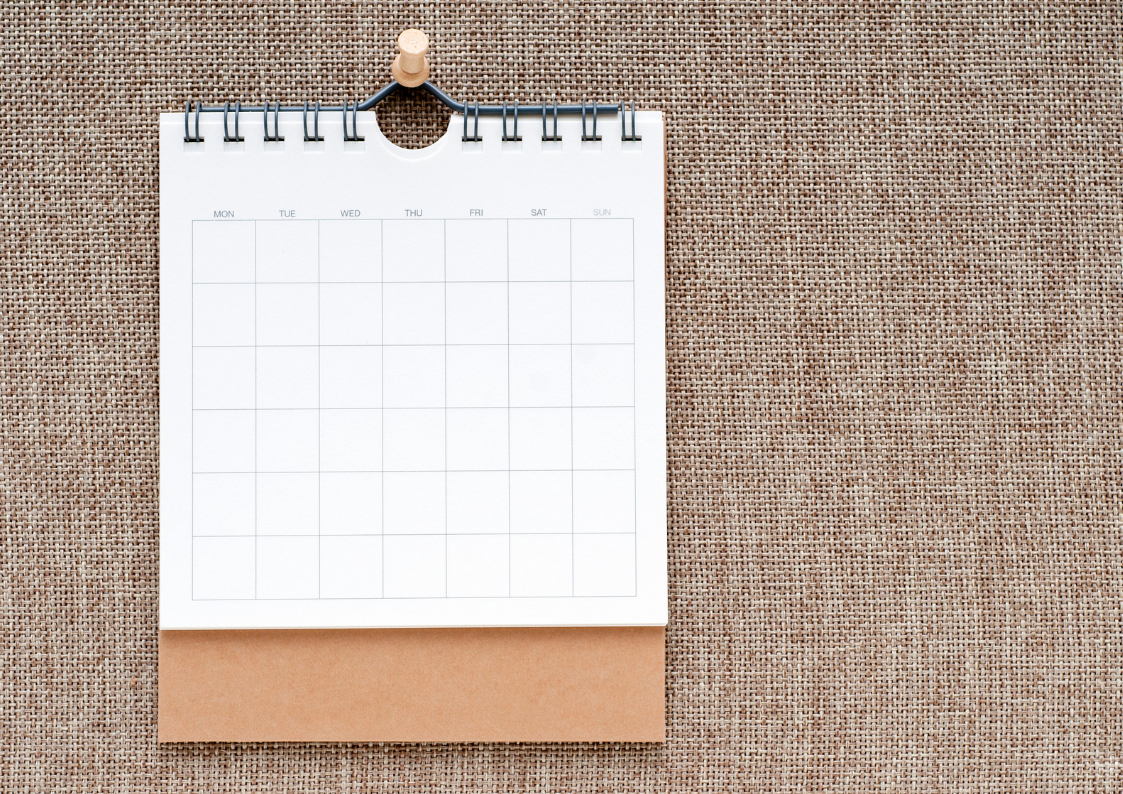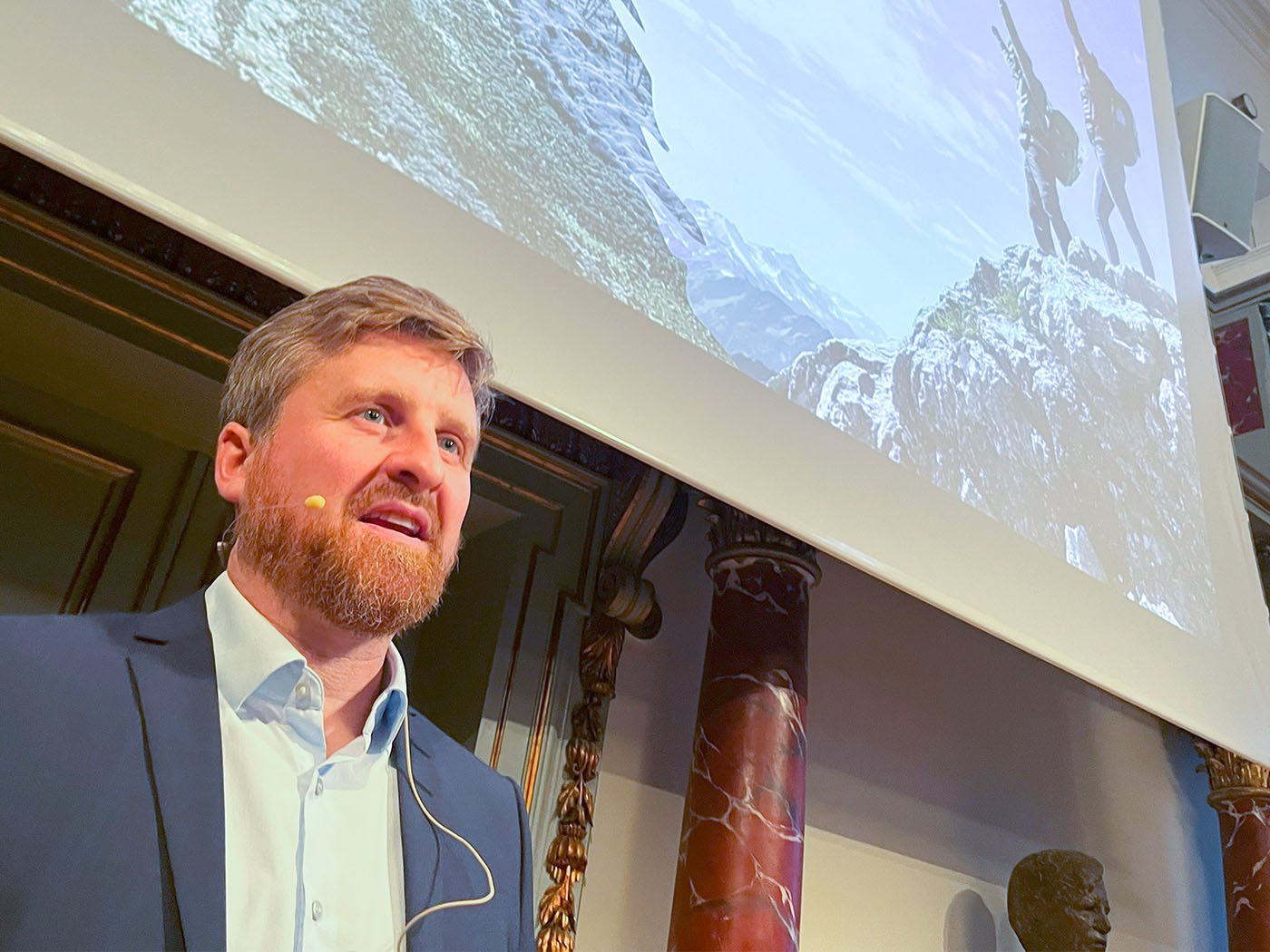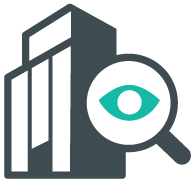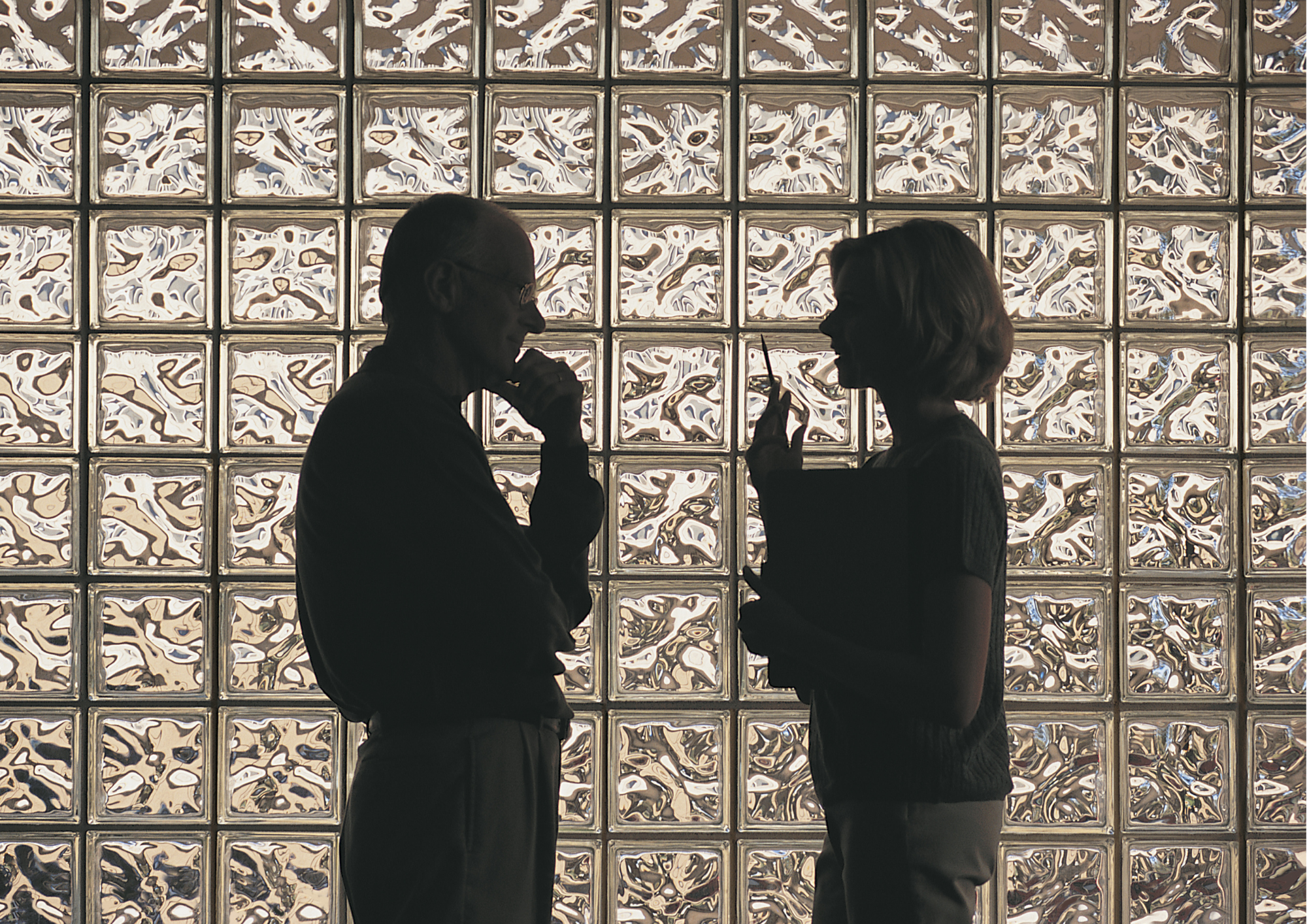You are probably familiar with the traditional employee development interview, to which employees are invited once a year for a dialogue with their manager. You may even have tried it yourself a number of times. Because that is how it is done in many organisations. And that's fine.
Because the EDP interview is important and should not be neglected.
It is during the EDP interview that the professional and personal development of the employee is at the centre. This is where you set the direction for the future work of the employee. And this is also where you take a temperature of how the employee feels on each of the factors that, according to Jan Tønnesvang, are necessary to ensure that the employee thrives in the workplace:
- Mastering (I master my tasks)
- Meaning (I consider my work meaningful)
- Belonging (I feel that I belong at my work)
- Autonomy (I am myself when working)
”A proper EDP interview should last a whole year.”
This is what a manager once said to me when I was out doing a presentation at a seminar for one of our customers. I asked him to elaborate, and he told me the following:
”That meeting, which we know as the EDP interview, is just where we agree on what it is we should be talking about for the next year.”
It came out quite spontaneously during the presentation, but there is an important point about the employee development interview in the story. It is at the EDP interview that you identify the themes that are relevant focus points for the next year or six months – or until whenever there is a need for substantially changing the course.
So, how do you get the EDP interview to continue throughout the year? That's what we are going to suggest to you below.
1) Make an action plan
When you and your employee sit across each other for the EDP interview, you're probably talking about what's going well and what's not going so well. Perhaps you will agree on some areas to be developed over the coming year. It is a good idea to create an action plan based on this.
Perhaps one of your employees has said that he does not feel involved in the processes at the workplace – and that he often feels that he does not get to contribute with his ideas. How do you make him feel involved? Perhaps, he could attend some of your internal meetings about the processes. Or maybe he should be a part of the idea development phase, e.g. when developing a strategy for a new client. Write it down in a plan and commit yourselves to it.
2) Make agreements
Imagine sitting with the minutes from last year's EDP interviews. You turn to the first paper in the binder and immediately put your hand to your forehead. On the paper is a yellow post-it saying ’Order an extra monitor for Hanne’.
It has been a year since you agreed to do that. And nothing has been done about it since. Simply because the busyness of daily work has taken the focus away from the EDP interview, and because you have not been reminded of the agreement.
It is embarrassing and frustrating at the same time. Your employee certainly has not forgotten about what you agreed and may now feel less important or appreciated. Besides, you might also have missed out on that extra productivity or work joy, which Hanne could have provided if she had been given that extra monitor.
Nobody wants to be in a situation such as this. Therefore, it is important to make some specific agreements that you are each responsible for complying with.
3) Be sure to follow-up along the way
When you make an action plan with your employee, the idea probably is that it should last for about a year. Then you can bring it up at the next EDP interview to see if you have reached the goals in the different areas.
This is basically a good idea. However, if you want to get the most out of the plan, you should return to it several times throughout the year. When, at the EDP interview, you talk about something that can be improved, you simply agree on who does what - and when you want to follow-up on it. And here lies the key on how to make the EDP interview have an effect and extending it throughout the year: That you actually follow up when it's natural to do so in relation to what it is, you need to follow up on.
You may agree to evaluate a trade event just after it's finished, and you still have it fresh in your memory. Perhaps there was something about the cooperation with the colleagues that didn't work out entirely perfect, which you could do something about instantly instead of waiting for another year.
Evovia is a digital tool that helps you extend the EDP interview throughout the year. Take this test and learn more about how employee development works in your organisation.



